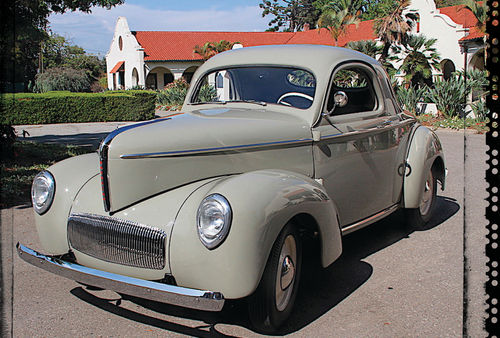Fixing a Detonation Problem
While reading the December Mechanic on Duty, I noticed William Freeman’s problem, “He can’t eliminate detonation,” and thought I would give some input from past experience.
The fact that Mr. Freeman is working on a 1970 Oldsmobile means that his base (or initial) ignition timing is not set at idle, but at a fast idle! Most manufacturers required setting timing at engine idle, in drive, with the brake applied. This was usually around 550-600 rpm.
When looking up the specs for a 1970 with a 455 engine, I found eight variations in a 1975 edition of the American Auto Parts Co. tune-up chart. The variations were all based on horsepower, but most require an initial timing of 8 degrees BTDC at 1100 rpm, with an engine idle speed of 575 in drive.
If this adjustment is performed at idle speed, the result will be that the ignition timing is too far advanced, because at 1100 rpm, the centrifugal advance will be adding to the timing you read. I am not saying Mr. Freeman overlooked this fact, but many people working in the field back then certainly did, and the result was spark knock, due to excessive timing advance.
There is often confusion when checking distributor advance curves with regards to the term TOTAL ADVANCE. The total advance is achieved by running the engine at the specified rpm in your manual with vacuum advance connected (if so equipped). Using a timing light made for the purpose (with a delay knob), adjust the knob until you have reached your INITIAL TIMING. So if my specs for Mr. Freeman’s car are correct, that would be 8 degrees.
Record the reading on your timing light, and this is your total advance.
The confusion is whether the total advance includes the base (or initial) timing. It doesn’t.
If you turn the delay knob until you are reading zero on your timing marker, this will give you an inflated and incorrect figure.
(I remember this from the GM, ACDelco training center years ago. I still have it on audio tapes I made over 25 years ago, as well as in AC-Delco text.)
John Armstrong Inverness, Florida
John, a veteran automotive technician, writes for Auto Restorer on a regular basis. Part 2 of his article on several maintenance checks to be performed during an oil change is on page 26 of this issue.















